Two things are true of 2023: it was a great year for high-quality titles, and a horrendous year for gaming in general.
With almost 10,000 layoffs across the industry, running all the way until Christmas, it’s hard to imagine a worse year for talented game developers. As news trickle in of thousands abandoning games entirely, the shortsighted and malicious firing frenzy executed by studio executives will hurt the industry for years to come.
Which makes a list like this feel bittersweet. I want to celebrate the works of passionate artists, but doing so comes with the knowledge that many are out of a job, and some will never return to work in this field again. Consider this my salute to those who’ve made my life a little bit happier and inspiring, and a massive two-finger salute to those who seek to destroy the art form for the sake of short-term profits.
Forspoken
Unfairly maligned upon release, Forspoken is a far better and ambitious game than most give it credit for. Mixing Alice in Wonderland with Neil Gaiman and a host of mythology, it’s an intoxicating adventure story that continues to delight until the last post-credits sequence. Ella Balinska leads the impressive cast with gusto, giving a layered and compelling performance as Frey, the complex heroine thrust into an alternate world.
The combat is a blast, the parkouring fun as hell, and the gorgeously animated cut scenes deliver emotionally charged performances at every turn. Sure, the world is a little emptier than I’d like, and it suffers from some odd pacing issues here and there. But this is the kind of original adventure gaming that everyone claims they want, yet when they get it, suddenly it’s not enough.
Well, pfft, I say. Forspoken isn’t perfect, but it’s a damn exciting experience that any fan of good adventure gaming should try.
Armored Core VI: Fires of Rubicon
BIG. GIANT. ROBOTS.
OK, so there’s a lot more to the latest installment in the long-running Armored Core series, but it’s certainly a massive selling point.
After all, this is the series that lets you build your own mechs and then pilot them into hectic combat. What could be better than that?
On top of that, developer FromSoftware has finally perfected the formula of satisfying difficulty to a T. What begins is as a nail-bitingly hard opening segment soon opens up into a world where your experience genuinely makes a difference. The further you progress in the world of Rubicon, the more powerful you become. Not just in terms of technical prowess, but in learning how your mechs operate, and which combination of power versus speed works for you. It’s a fantastic experience, one that makes Armored Core VI such a joy to play over and over again, until you’ve finally experienced the multiple endings the game has to offer.
Octopath Traveler 2
In any other year, we’d be clamoring about Octopath Traveler 2 from here until well into the next one. But this isn’t just any year, and it’s a shame that something as high quality as this has already fallen off the radar. Because Square Enix’s latest isn’t just a great throwback to classic RPG’s of yesteryear, it’s one of the best RPG’s of the decade, full stop.
Gorgeously realized as a hybrid between pixel art and modern 3D effects, Octopath Traveler 2 is a sprawling mosaic of high drama, cheese, and surprisingly effective operatic storytelling. Set in a steampunk-era world of warring fiefdoms, wandering adventurers, and desperate lovers, it’s everything fans of the genre could want.
Modern gamers might at first shun the old school combat mechanics, the deliberately stagey performances, and other delights that throwbacks like this embrace. But it’s hard to stay away from something as earnest as Octopath Traveler, especially when it lets you play the way you want from beginning to end.
Jusant
Jusant is a beautiful indie gem that reminds me of Ico and Shadow of the Colossus in the best kind of way. Told without dialog and entirely through diaries and environmental storytelling, it’s a hypnotic and bold story of loss and hope that captivated me from the first minute onward.
Set in a post-apocalyptic world, where the oceans have dried up, as a young adventurer arrives to a towering monolith somewhere in the desert. Whoever lived here left ages ago, and all that remains are snippets of their stories in remaining items and messages. The journey leads only one way: up. Somewhere in the heavens lies the answer to whatever it is they’re seeking.
With simple but satisfying mechanics, Jusant is a perfect showcase for how much can be achieved with very little. It packs a huge emotional punch thanks to the gorgeous soundtrack and impeccable character design. By the time you reach the end, you wish you could go back and start the journey all over again.
Tchia
Hailing from New Caledonia and taking my gaming year by storm, Tchia is one of the freshest, most welcome surprises in a long time. Stacked with heart, wit, and the joy of discovery, it’s one of the best indie games of the last decade.
Set in a fictional version of New Caledonia, Tchia is the story of the titular young girl, who sets out on a quest to rescue her father from pirates. On her journey, she meets neighboring tribes, other adventurers, and people trying to make their way in a world that’s leaving their culture behind.
Told as a mixture between high-flying adventure and a melancholy coming of age story, every aspect of Tchia tugs at the heartstrings. Like a mixture of Hayao Miyazaki and Robert Louis Stevenson, it understands that every adventure is at heart a story of transformation. In the end, nothing can ever be the same.
Combine all this with voice actors and music from New Caledonia, and Tchia emerges as a unique experience that everyone should try. There’s nothing quite like it out there.
Baldur’s Gate 3
After years in Early Access, Baldur’s Gate 3 is finally finished. Saying that expectations were high would be an understatement. Yet, somehow, Baldur’s Gate 3 didn’t just meet them, it exceeded every one and then some.
After a hundred years plus in the world of Dungeons and Dragons, it feels like I’m still scratching the surface of everything that Baldur’s Gate 3 has to offer. The vast adventure lets you play however you want, with minimal fuss from an expertly written dungeon master and narrator, who breaks the fourth wall just enough to remind you that, above all, you’re here to have fun.
Featuring some of the best writing and quest design in any game this side of Disco Elysium, Baldur’s Gate 3 might seem daunting at first glimpse. But once you get into the surprisingly forgiving mechanics, it proves itself as one of the definitive games in the genre. A spectacle that lives up to the hype.
Legend of Zelda: Tears of the Kingdom
Where Breath of the Wild reinvented The Legend of Zelda for a new era, Tears of the Kingdom expands upon it in every way possible. The result is a breathtaking adventure that is also a showcase for how far smart design can take even the most limited hardware.
Set years after Breath of the Wild, Tears of the Kingdom begins with Hyrule finally returning to life. As Zelda and Link explore the ruins of their former kingdom, they stumble upon an ancient evil, sealed away deep in the earth. Thrust hundreds of years apart, the duo must face the enormity of time itself to set things right.
There are now three vast areas to explore, from Hyrule to the sky and the cavernous world underground. Each feels like its own unique thing, and the transitions between them are so seamless, it never ceases to astonish. Combined with the new building mechanics, which see Link turning into a demented genius unlimited by nearly anything, and Tears of the Kingdom has enough gameplay to last for years.
Beyond the freedom to play as you wish, Tears of the Kingdom is also a great addition to the mythology of Zelda. The story of faith, love, and destiny echoing throughout the ages is the most captivating the series has been since Wind Waker. It’s an immensely promising step forward in the new world that Nintendo promises will be the future of Zelda for decades to come.
Cyberpunk 2077: Phantom Liberty
I have a hard time recommending games that finally fix themselves to be what they promised to be in the first place. After all, an unfinished title is the fault of management and executives who force impossible deadlines on their artists. If Cyberpunk 2077 had released in full this year, without the disastrous launch two years prior, it would have received universal acclaim. Now, it always carries the caveat that you should try to forget how awful it was for all that time.
Because Cyberpunk 2.0 and its expansion, Phantom Liberty, feel like a completely different game. This is the experience that CDProjekt wanted all along, the one that’s closer to The Witcher 3 than whatever it is that we got in 2021. Refined and expanded, it’s a thrill ride that finally delivers on the promise of a mature cyberpunk adventure in a morally compromised future.
The expansion, Phantom Liberty, is a throwback to Wes Craven’s superlative Escape From series, mixing both New York and Los Angeles into a wild dystopian nightmare, where you try to escape from a self-regulated city of thieves. The plot keeps you guessing, the characters are memorable bastards, and every minute feels like a big summer blockbuster that you control.
In short, it’s great. I wish this was the first time I was playing it.
Marvel’s Spider-Man 2
The first Spider-Man from Insomniac, released in 2018, was one of my favorite games on the PlayStation 4. I was excited about a sequel, but hesitant to board the hype train, in fear that it couldn’t capture the magic of the first one.
I’m so glad I was wrong. Spider-Man 2 isn’t just a good sequel, it’s a better game in every conceivable way. The plot might be a little overstuffed with everything, but it’s a small price to pay when the gameplay is this much fun.
New York is a spectacular playground, one of the very best seen in gaming, and the two Spider-Men are a joy to use as a virtual avatar in the big apple. What’s more is that Insomniac really gets what makes Spider-Man so endearing: it’s his love for the city, and how the city loves him back. Every element of the vibrant, multicultural island of Manhattan sparks with life. I could spend hours just exploring the details and never feel bored.
Add to that a fantastic score, great voice acting, and the perfect amount of side quests that are so rewarding that even the fetch-quests are fun, and Spider-Man 2 is as close to a perfect game this year as possible.
Final Fantasy XVI
I love the Final Fantasy series, even when I’m disappointed in singular installments. Luckily, Final Fantasy XVI is among the very best in the decade’s old franchise. It’s also a brave new take on the IP, one which divided fans, but also found a host of new ones.
The story is luckily in a familiar vein. As the world suffers from over-reliance on natural resources, the power of the crystals, a devastating power struggles drives young Clive Rossfield to join a team of eco-terrorists seeking to separate humanity from using the crystals for their own gain. Over the years to come, Rossfield grows from an angry, vengeful youth to a leader of his people, driven by his perceived duty to the planet and his gnawing doubt over the suffering that must come before humanity can be free.
It’s a huge, operatic and often very dark story. One filled with Arthurian romances, mythology from all corners of the globe, and classic Final Fantasy tropes. But that doesn’t mean newcomers aren’t welcome, far from it. Final Fantasy XVI is possibly the most newbie friendliest title in the series. A kind of encapsulation of everything that makes the franchise so beloved.
After tens of hours spent in the main quest and the recently added DLC, I can safely say that Final Fantasy XVI is among my favorite Final Fantasy games of all time. Happily nestled with FFVII and IX as definitive installments that everyone should try, and one of the best games of the year.

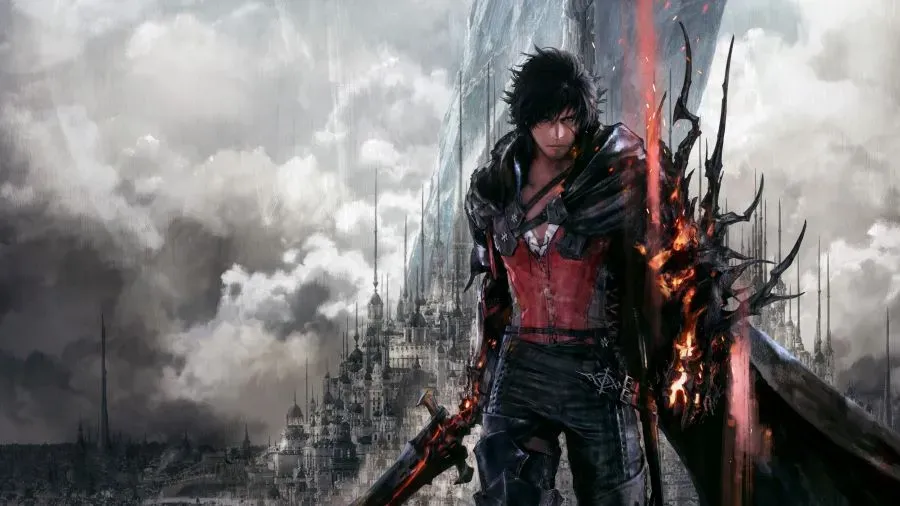

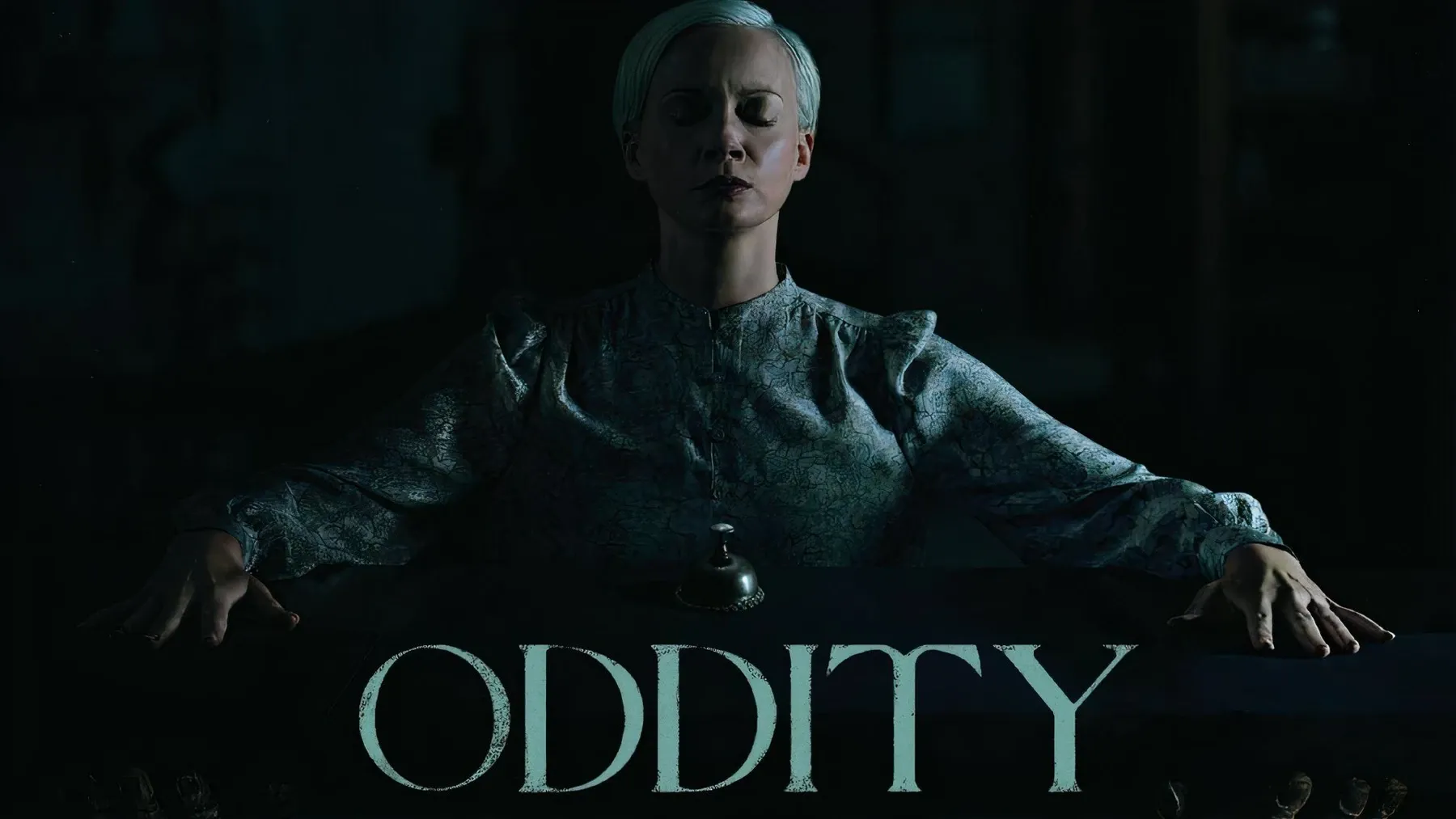
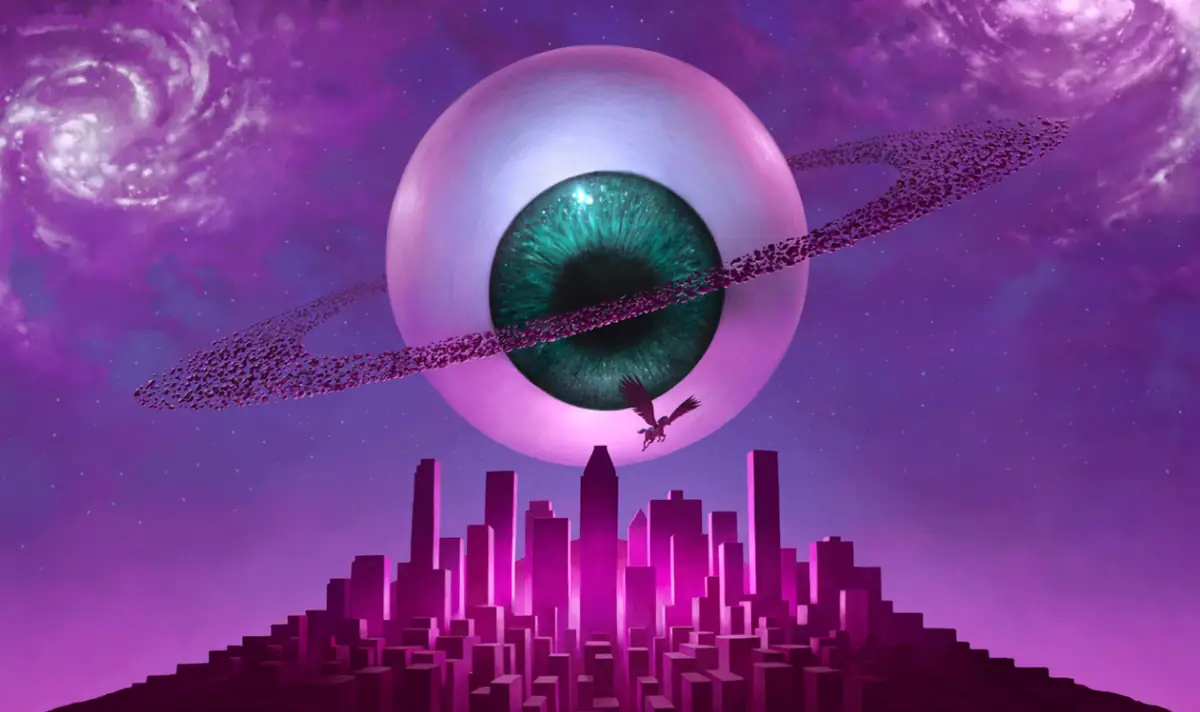
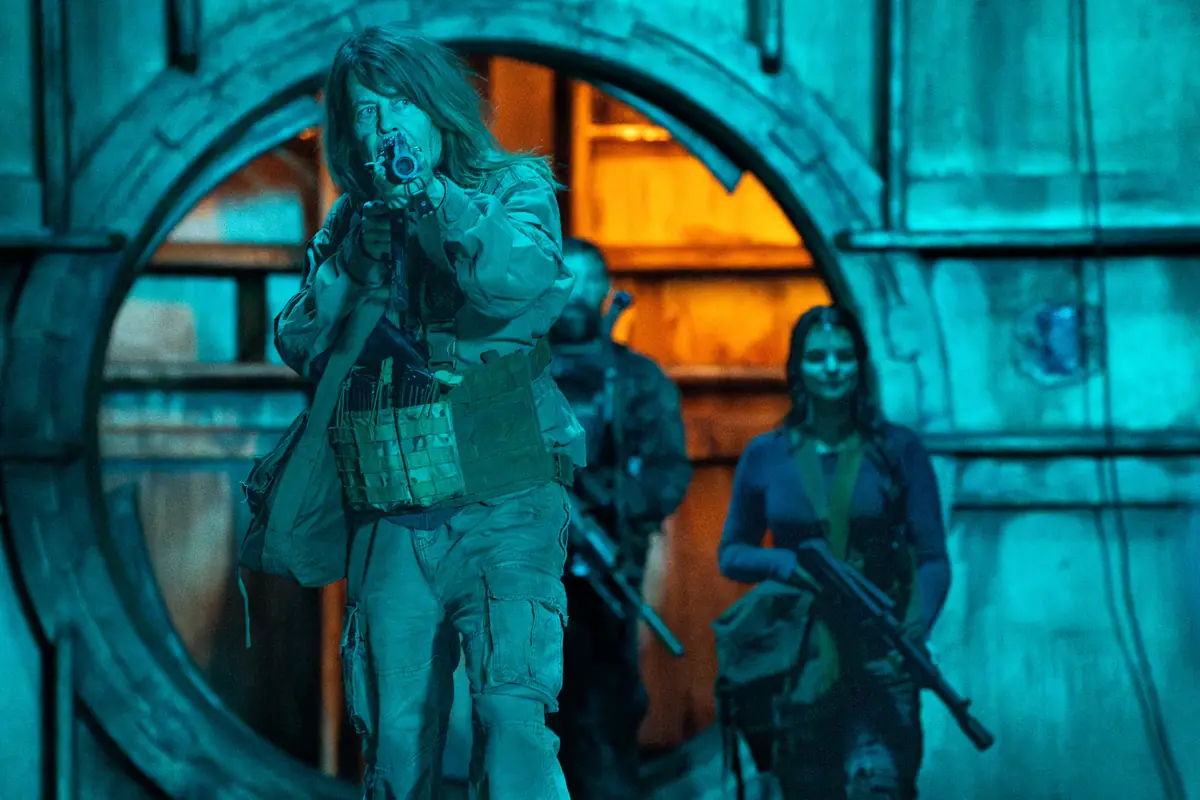

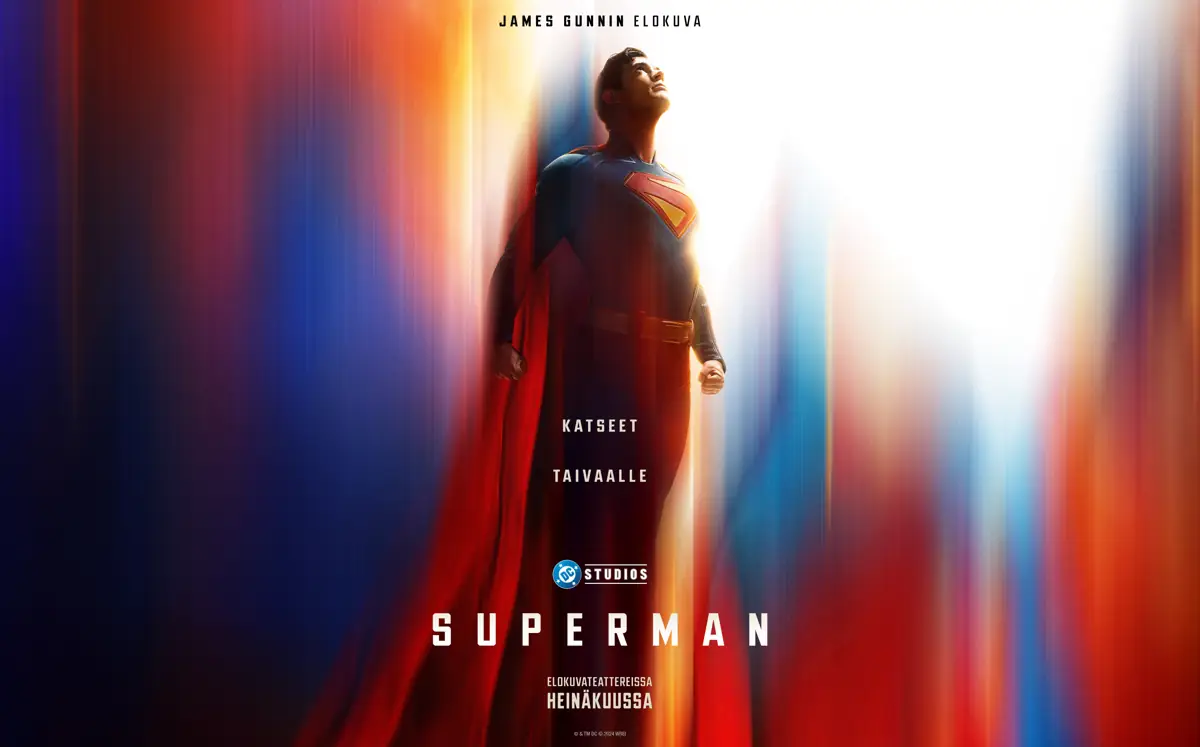


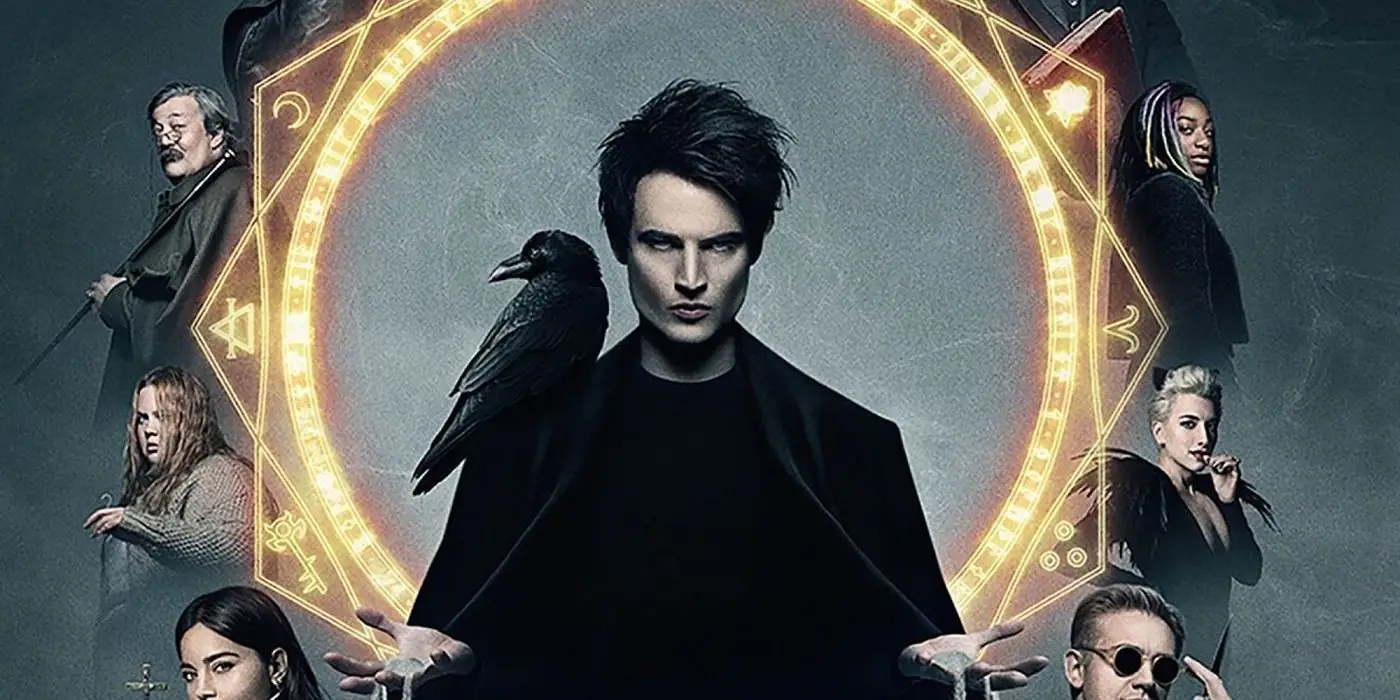
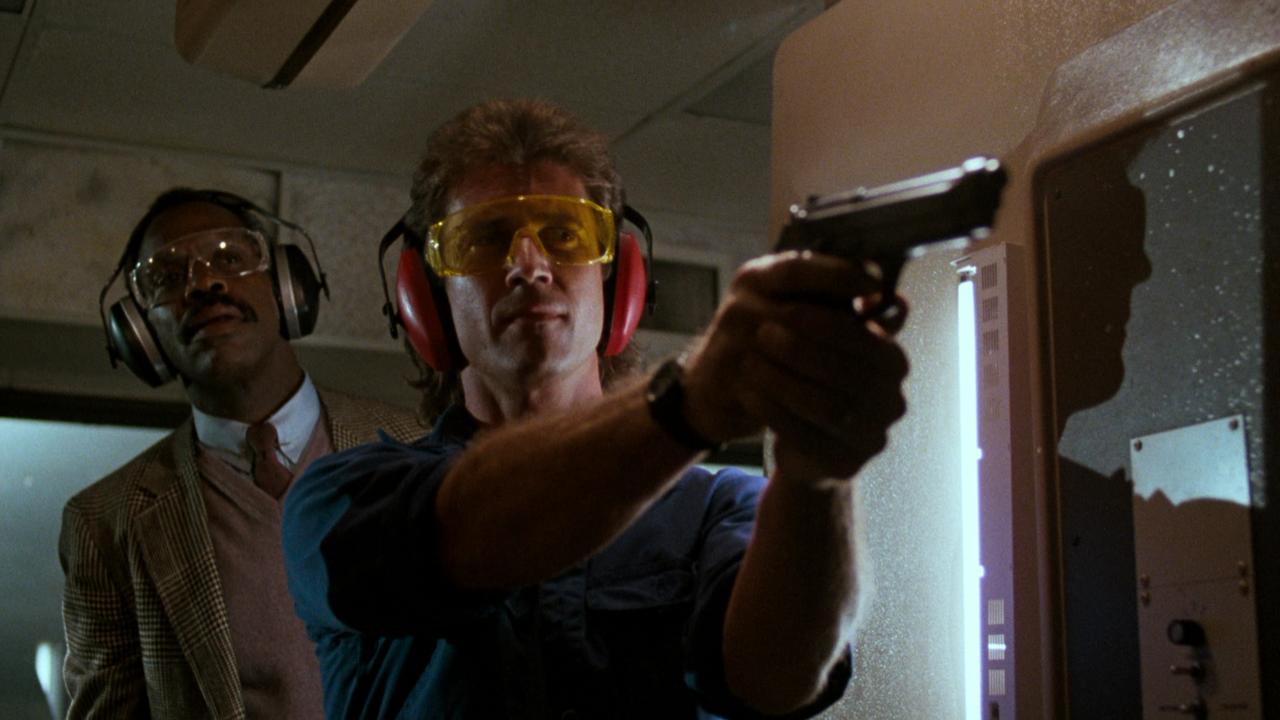


Discussion